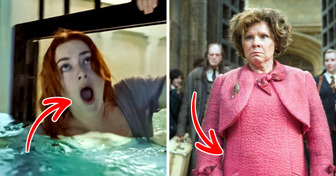11 Reasons Why Women From All Around the World Are Jealous of French Ladies

Dead Butt Syndrome, also known as gluteal amnesia, is a condition where the gluteus maximus muscle becomes weakened due to prolonged inactivity. This issue is increasingly recognized as a consequence of modern sedentary lifestyles, particularly for those who sit for extended periods.
CONTENT IS PROVIDED FOR INFORMATIONAL PURPOSES ONLY AND IS NOT INTENDED AS A SUBSTITUTE OF MEDICAL ADVICE. SEEK GUIDANCE OF YOUR DOCTOR REGARDING YOUR HEALTH AND MEDICAL CONDITIONS.
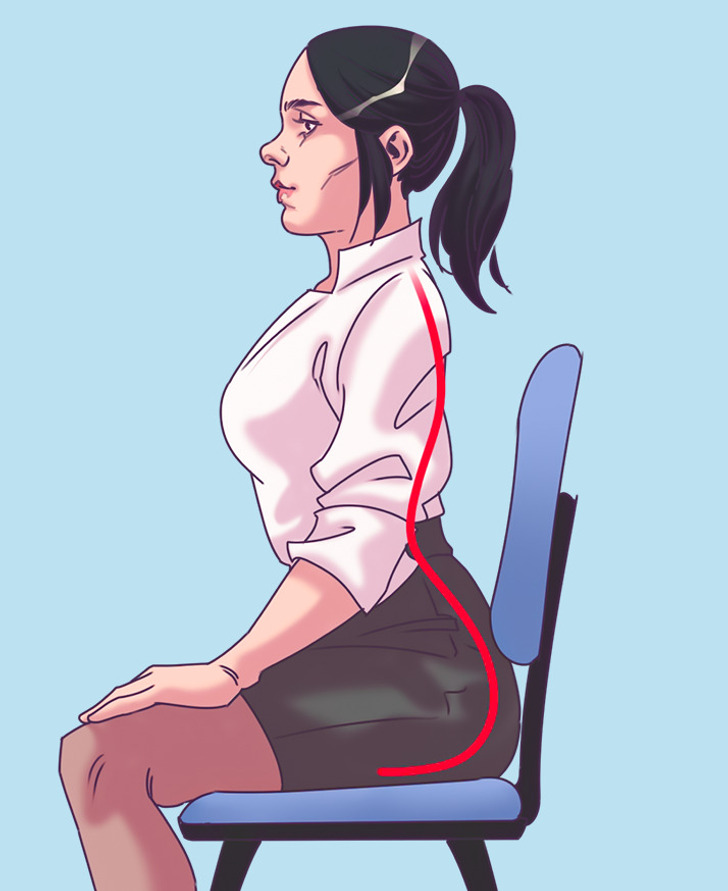
Sitting for long periods of time has become one of the growing concerns in modern public health. And it’s not surprising. Sitting for long periods of time is linked to various health issues, such as high blood pressure, high blood sugar, and cardiovascular disease. And, as you may know, most of these are here to stay, no matter how much you exercise every day.
Unfortunately, in addition to any of these chronic conditions, sitting for long periods of time can also cause discomfort that can affect your daily life. And it all starts with your butt and something called dead butt syndrome.
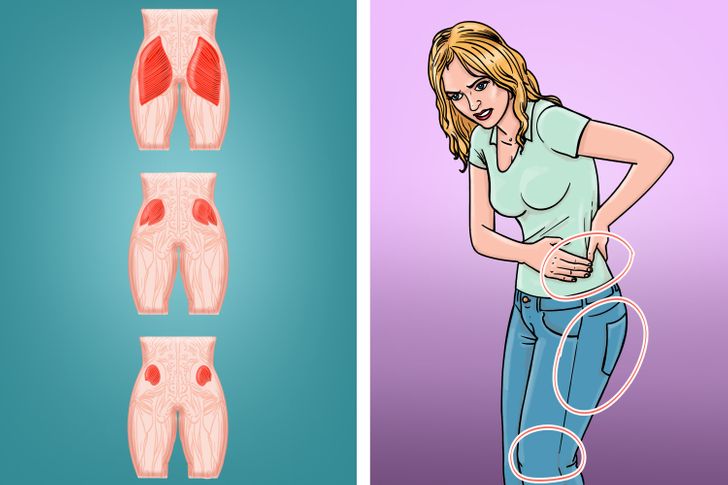
Gluteal amnesia is a syndrome that causes the muscles of the buttocks to stop working properly and basically go to sleep. When we sit for too long, these muscles become just passive muscles and the body sort of “forgets” how to activate them. Looks like the name “gluteal amnesia” was, as some would say, spot on.
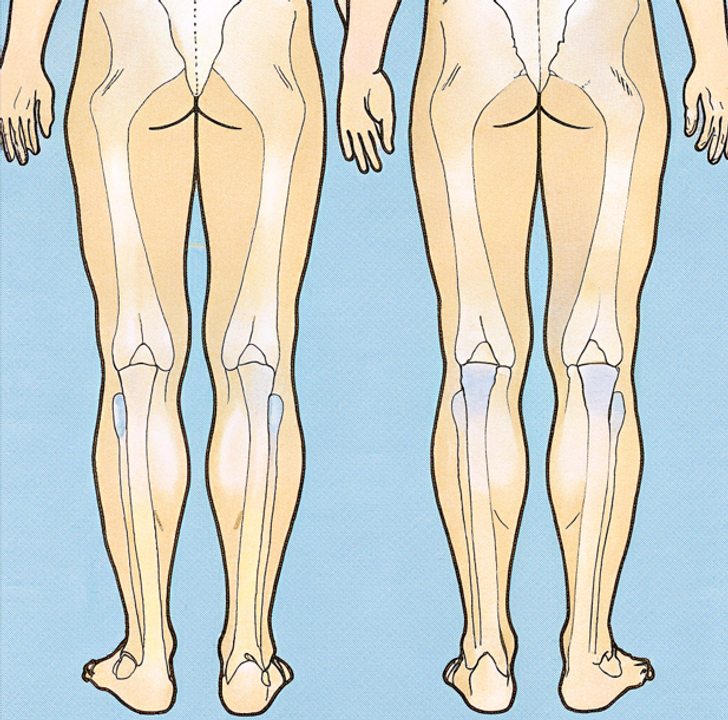
This may not seem like a big deal, you might think, but it is actually very problematic. The gluteal muscles are among the largest muscles in the body and are, therefore, used in most of the movements we make. When they are not working, other muscles that do not have the same strength and other parts of the body, such as our knees and back, have to take their place. And, of course, that takes a toll on the muscles in those places.
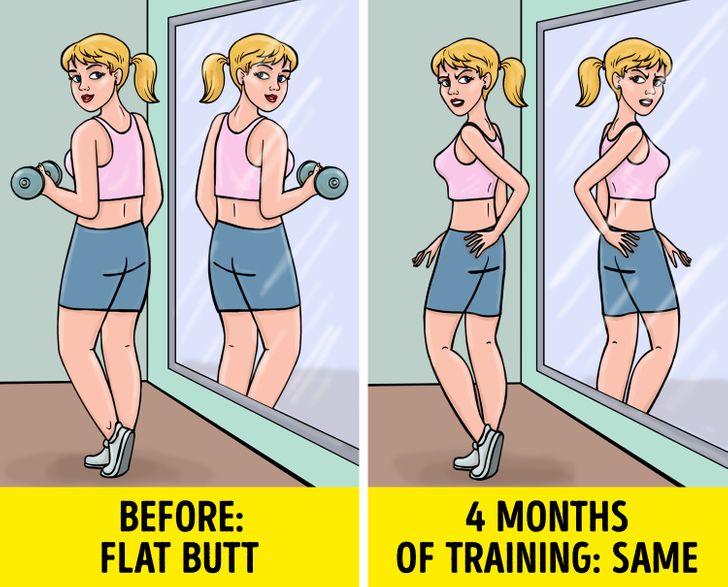
People who suffer from this condition have reported that their buttocks feel numb and even sore after long hours of sitting. They also report feeling pain in their lower back, hips, or even knees. Another symptom could be that you work out for enough hours a week to see results and still cannot shape your buttocks the way you want or even notice any changes.
If you suspect you may be suffering from dead butt syndrome, but are still not sure if you actually have it, the first thing to remember is that you need to see a doctor to get a proper diagnosis. In the meantime, a look in the mirror can help. Try these 3 positions and see if you can mirror them correctly or not. Also, remember that you should always seek the help of a specialist doctor or therapist to get a correct diagnosis.
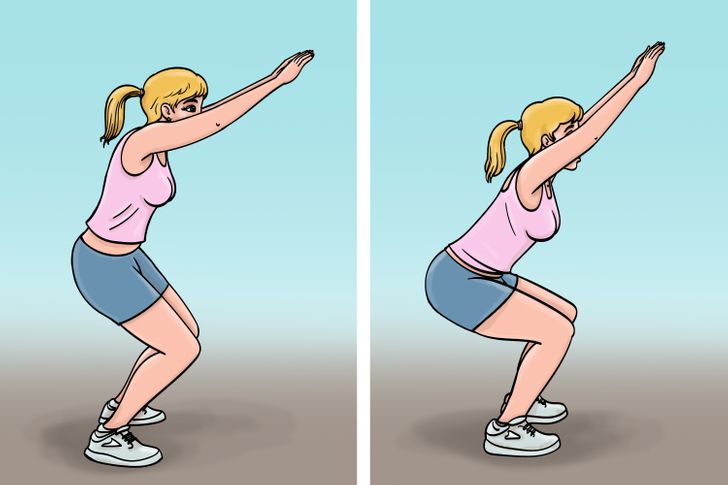
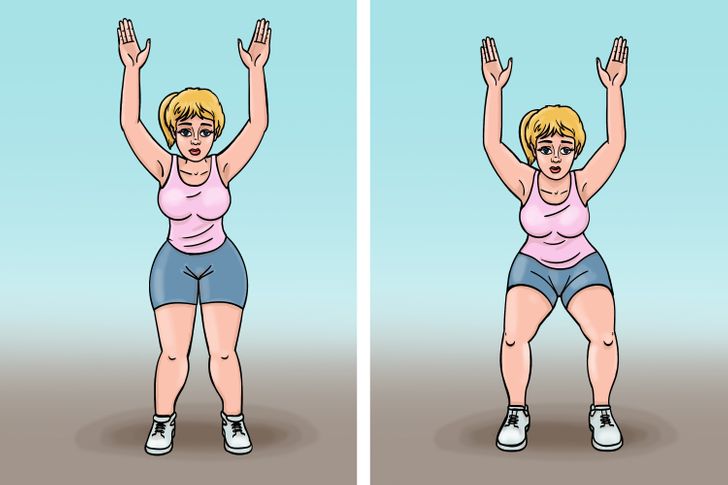
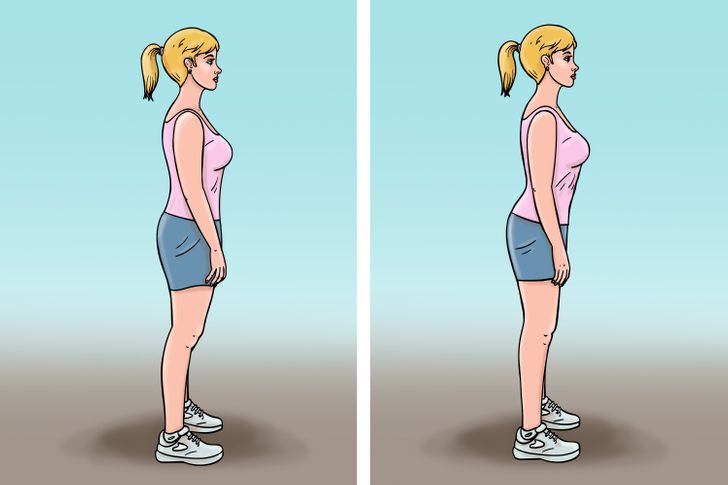
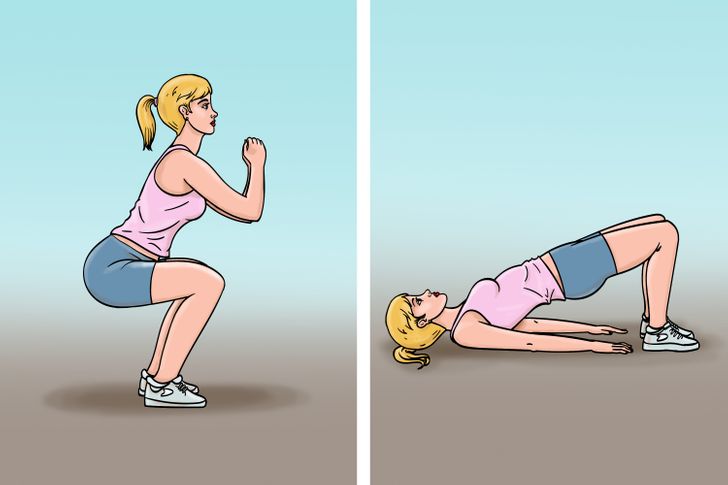
All bodies are different, and each has its own set of requirements that need to be taken into account before starting a workout. For this reason, it is always better to consult a specialist to design a workout program that will not harm your health if you decide not to work with a personal trainer.
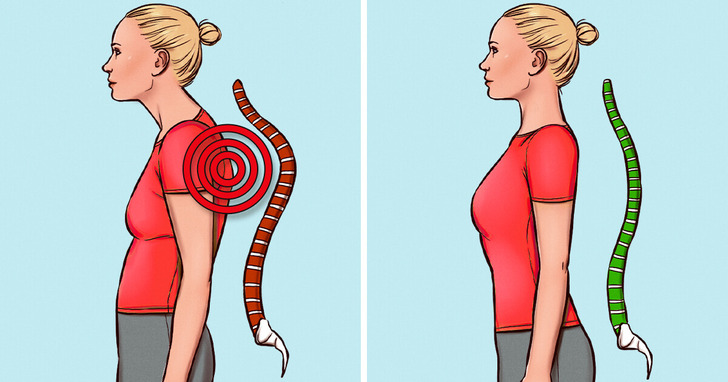
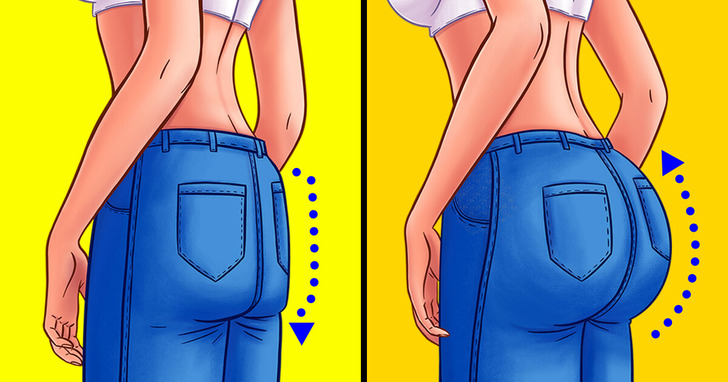
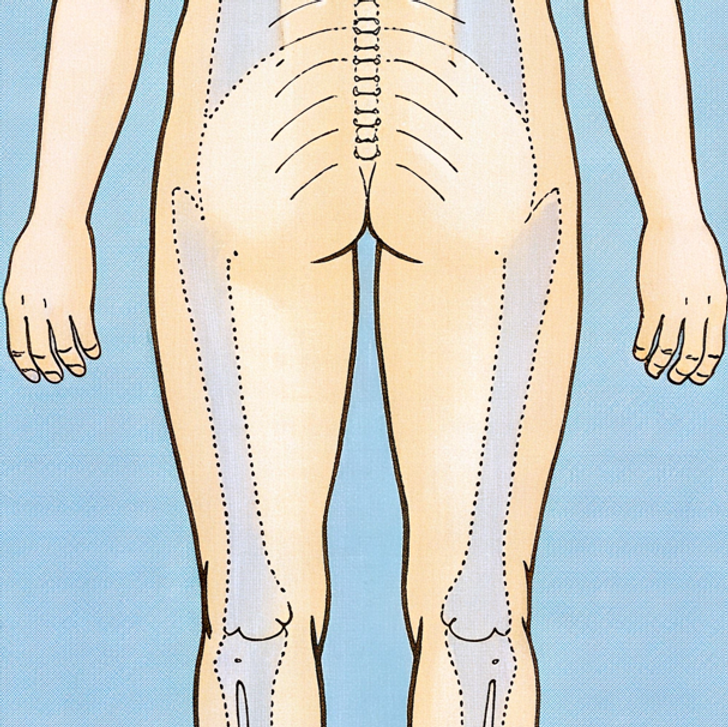
Dead Butt Syndrome is a condition that can significantly impact your quality of life, but it is largely preventable with conscious effort. By incorporating regular movement, strengthening exercises, and being mindful of your sitting habits, you can keep your glutes active and healthy. Remember, a little movement goes a long way in preventing this syndrome!
Now that you know how to keep your glutes awake and active, let’s talk about another surprising way to improve your well-being—your sleep! Did you know that sleeping under a heavy blanket can actually benefit your body and mind? Here are 8 reasons why you might want to try it tonight.




